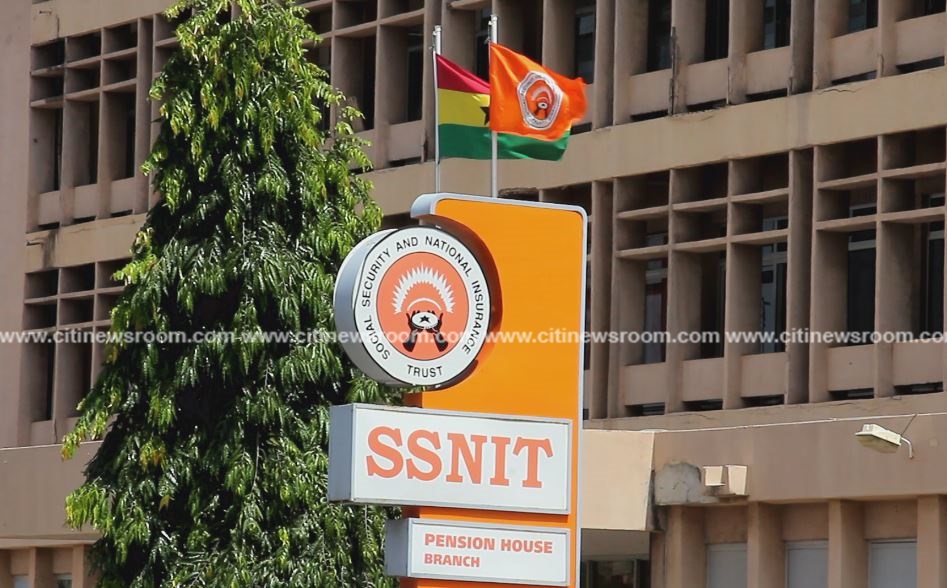 Employment and Labour Relations Minister, Ignatius Baffour Awuah says
government is resolved in guaranteeing a better retiring life for all
Ghanaians, as this year marks the beginning of payment of benefits to
retirees under the National Pensions Act, 2008 (Act 766).
Employment and Labour Relations Minister, Ignatius Baffour Awuah says
government is resolved in guaranteeing a better retiring life for all
Ghanaians, as this year marks the beginning of payment of benefits to
retirees under the National Pensions Act, 2008 (Act 766).Mr Awuah, in a speech read on his behalf at the 10th anniversary dinner and awards ceremony of the National Pensions Regulatory Authority (NPRA) said the government had worked closely with the Authority, “to ensure that no worker retiring under the Act 766 will be worse off.”
He also echoed government’s commitment in absorbing the shortfall in the lump sum paid by the Social Security and National Insurance Trust (SSNIT) to public sector workers who would retire this year.
The decision, he said was as a result of an all-embracing discussions to resolve the issue of past credits between the beneficiaries of the PNDC Law 247 and the new three-tier pension scheme to correct any inequality in the implementation of the new pension reforms.
Mr Awuah also said a 10-Member Committee had since been set up to determine the quantum of Past Credit Payable to retirees and modalities of the credit transfer with the Social Security and National Insurance Trust (SSNIT).
Among other things, the Committee would make recommendations on how the difference in lump sums payments between PNDCL 247 and Act 766 for persons going on pension by close of December 2020 should be addressed.
On the 10th anniversary of the NPRA, the Minister commended the Authority for its rapid growth and expansion, indicating that, its Asset under Management now stood at GH₵23 billion.
Noteworthy, of the growth of the NPRA is it’s gaining of autonomy, thereby, drifting away from government subventions, Mr Awuah said.
The Board Chair of the NPRA, Paul Simon Koranteng stated that plans had been advanced to secure a robust automated system to regulate the country’s pension industry effectively and efficiently.
“When we are able to do this, hopefully by next year, the Risk-Based Supervision (RBS) and Enterprise Resource Planning (ERP) systems will significantly enhance our regulatory operations” the Board Chair said.
He also explained that the system would help boost operations in Licensing and Registration, Standards and Compliance Management, Complaint and Grievance Case Management (Customer Relations Management System), and Stakeholder Interactions.
The systems would also provide solutions to the Content Management (Electronic Document Management) and Helpdesk, Call Centre Management System challenges of the Authority, Mr Koranteng said.
A recent Bank of Ghana (BoG) report in the sector has shown that ending September this year, the monetary SSNIT pension’s contributions from the private sector has witnessed a reduction.
The private sector contribution dropped from about GH¢250 million in February 2020 to GH¢180 million by the end of September this year.
The number of SSNIT contributors in the private sector also witnessed a reduction from 800,000 prior to the COVID-19 pandemic to 630,000 as of the end of September this year.
The causes of these reductions have largely been ascribed to the number of job losses due to the COVID-19 pandemic.
BY FRANCIS NTOW




No comments :
Post a Comment